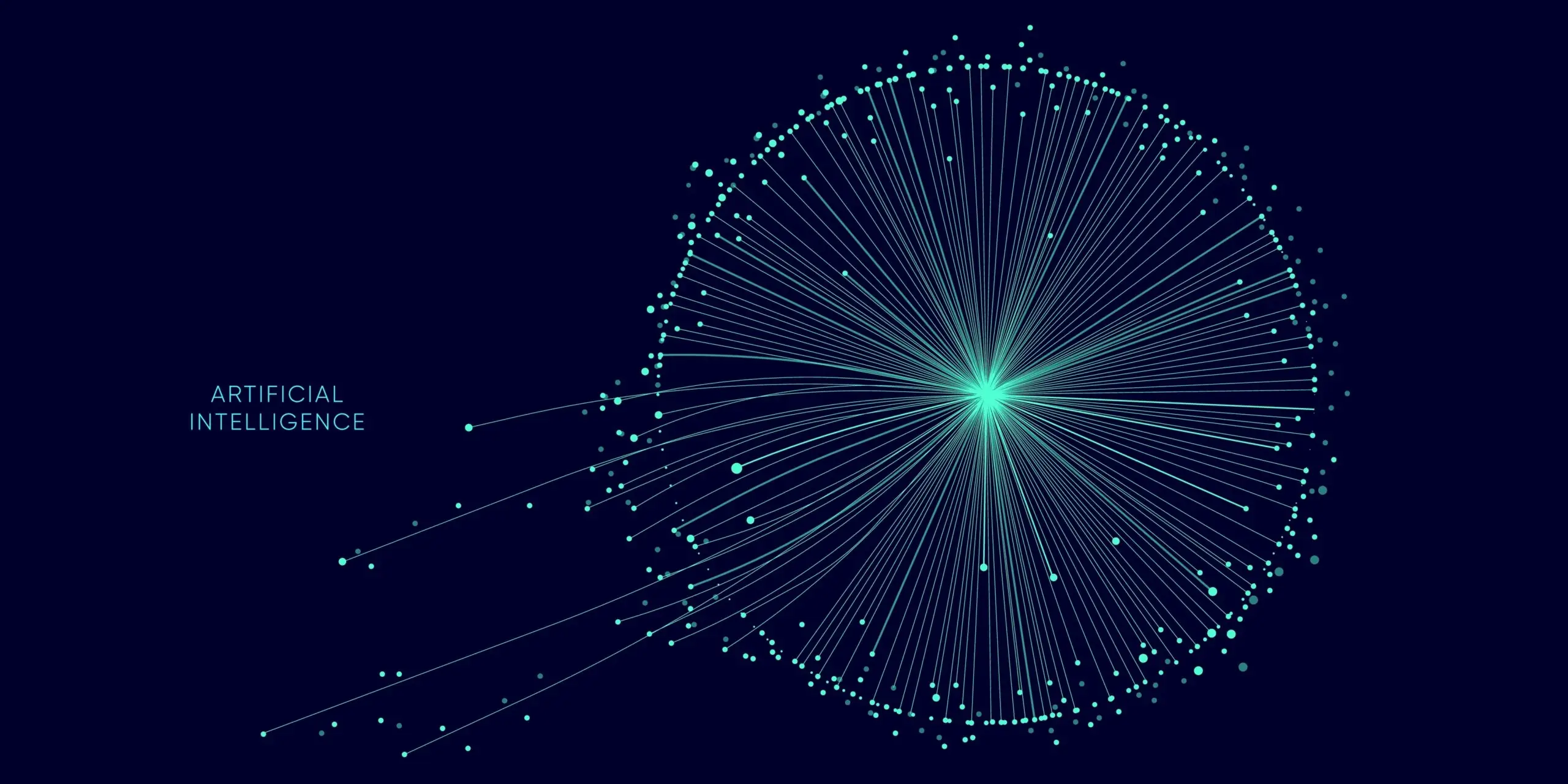5 Incredible Data Science Solutions For Real-World Problems
Amber Silvers | May 12, 2020
Data science has come a long way, and it has changed organizations across industries profoundly.
In fact, over the last few years, data science has been applied not for the sake of gathering and analyzing data but to solve some of the most pertinent business problems afflicting commercial enterprises. Streaming sites like Netflix and Spotify use their user data to personalize recommendations for end-users, while web and mobile apps like Facebook, OkCupid, and Twitter use specific algorithms to match their users to content they're likely to enjoy. In addition to that, some companies like Google and Uber use data to better understand human behavior and model better business outcomes.
This has led to innovative solutions in various fields including personalized banking, fraud detection, ride-hailing optimization, and other applications that would not be possible without harnessing processed data.
Let’s take the time to reflect on how data science is ushering the world into the fourth industrial revolution. While you might have heard of those above, you may have missed some of the more remarkable contributions of data science in the past decade.
Data Science Solutions For Real-World Problems
Urban Planning
There’s no shortage of variables to be considered in urban planning, but rather than be discouraged, the iconic Amsterdam Smart City Initiative has turned this into an opportunity. The public-private platform has used the heavily unstructured data streams created in Amsterdam to address specific problems related to the city’s economy, mobility, land use, and infrastructure. The project has helped the organization find new ways to sort and collect waste, control traffic flow, manage light use, and help the whopping 55% of its citizens who live in flood zones to take action. Today, most smart city initiatives rely on data modeling and analytics to precisely plan infrastructure and support services attached to the projects.
Astrophysics
Are we alone in the universe? That’s perhaps one of the greatest questions for which data science has been used to find an answer. While we haven’t completely solved the mystery, data science applications in astrophysics in the last few years have yielded astounding results. From the discovery of Trappist-1 in the search for extraterrestrial life and the detection of gravitational waves, to the imaging of a supermassive black hole in galaxy M8, data science has revolutionized our astrophysical observations. In fact, the two fields are so attuned that astrophysicists are being poached to deploy their data modeling and algorithms for industries like fashion.
Criminal Justice
Camden, New Jersey, was once one of the most dangerous cities in America, but by utilizing the data generated from crime locations, police deployment, and 911 callers, city officials have improved crime deterrence and shortened response times. In the span of two years, they have reduced the crime rate by 26% and murders by 41%. While the proponents understand the risks of the data becoming biased towards some demographics, they are constantly working on improving their data models and predictive analytics to avoid such biases and improve their accuracy.
Electronics Manufacturing
One key enabling technology of today’s fourth industrial revolution is the advance in electronics manufacturing. In particular, the way printed circuit boards (PCBs) are manufactured has developed so rapidly that it has allowed everyday objects to have sensors or become devices – what we now call the Internet of Things (IoT). Altium notes that this brave new world is largely due to the standardization and development of PCB data management – the administration of all data connected to how PCBs are assembled. But as IoT use cases explode, new PCB designs need to be made. Data science has solved this by introducing real-time performance data and quality assurance as well as predictive modeling to hasten prototyping.
Professional Basketball
Data science has also transformed this multibillion-dollar sport. In elite sports, the difference between success and failure comes down to the minute details. Pioneered by NBA teams, sports arenas have now installed video tracking systems to mine data from their games. In the case of the Houston Rockets, what they discovered changed the way they played their games altogether. Using data to improve their performance, they found that the best strategy involved two-point dunks and three-pointers shot from outside the three-point line as opposed to long-range two-point shots.
The amount of data we now produce is staggering, with new data streams unfolding every day. Already, more reliable systems and automated algorithms are being developed to harness this data to deliver increased efficiency and value to humanity. With artificial intelligence leading innovation, data will be able to solve far more difficult and complex problems for us in the future.


